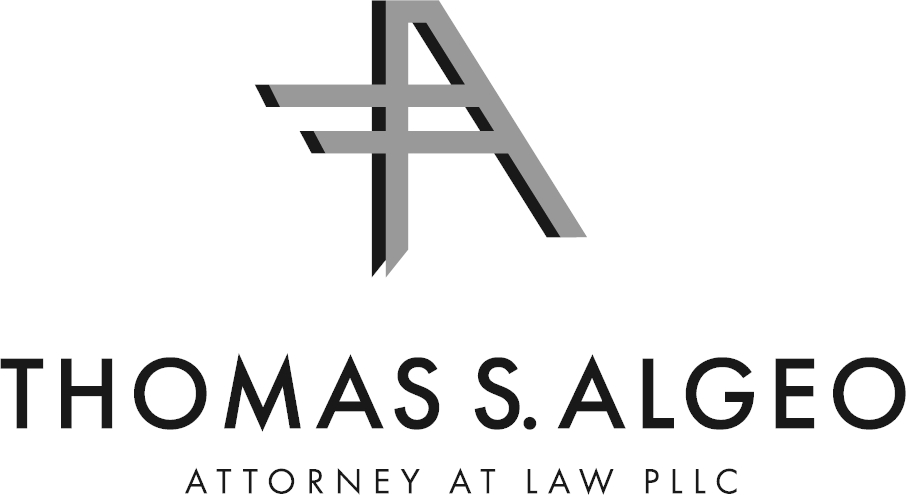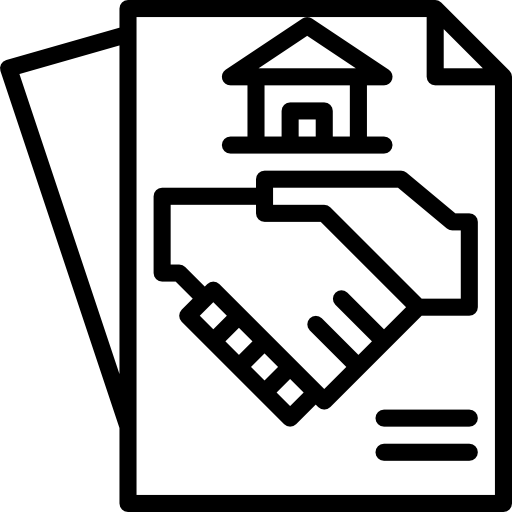Real Estate Services
Florida real estate transactions are typically categorized as either residential or commercial. Residential real estate transactions involve an individual or family’s home or vacation residence, whether purchased or leased. Commercial real estate transactions, on the other hand, encompass everything else including the sale or lease of real property for a business or investment purpose and for non-profit and governmental purposes.
Purchase and Sale Contracts
For most individuals and businesses, the purchase or sale of real property involves the largest transactions they will ever encounter. Despite this, it is common to buy or sell real estate without the help of an experienced real estate attorney. Without the assistance of an attorney to draft, review, and negotiate real estate sale and purchase contracts, there is a greater likelihood that you are not receiving favorable terms, that you are taking on unnecessary risk, and that you will experience costly litigation down the road.
Financing and Loan Documents
The majority of real estate transactions in Florida involve the use of financing. Financing can come from a third-party lender, like a bank, or from the seller, known as seller-financing. I can help draft, review, and negotiate both types of financing methods for lenders and borrowers in both residential and commercial transactions.
Deeds
There are a variety of documents that can affect an ownership interest in real estate and at the core of that ownership is the deed. Deeds to property can identify not only who has an ownership interest in a property and the type of ownership, but also to what extent the prior owner stays on the hook for any problems that arise after its sale. I can prepare common deeds like quit-claim deeds, fee simple deeds, and special and general warranty deeds.
Quiet Title Actions
When someone else claims an interest in property you own, you may need to commence or defend an action called “quiet title.” This essentially means getting the court to say definitively who is the rightful owner of a property or an interest in property.
Residential and Commercial Leases
The terms of a rental agreement can have a major impact on landlords and tenants. A poorly drafted lease can leave a landlord “holding the bag” or leave a tenant stuck in an inequitable rental situation. I can draft your lease, help negotiate commercial leases, and help navigate through problems that arise during the term of a lease agreement.
Landlord/Tenant and Evictions
Whether you seek advice ironing out potential problems before you rent a property by having me draft or review your lease agreement, whether you need help addressing a problem that has arisen during the term of an existing lease, or whether you need help with the eviction process, I can assist you.
Foreclosures
When you borrow funds against property you own, the lender will file a mortgage to attach to the title of your property. If you fail to pay back the lender according to the terms of the loan (also known as “default”), then the lender likely reserves the right to initiate what is called “foreclosure.” The foreclosure process is usually not as quick as an eviction, for example, because the legislature wants to give homeowners in particular a greater opportunity to cure their default and keep the property in their name. I can assist borrowers with foreclosure defense and short sale negotiation and help lenders ensure that the foreclosure process is completed in compliance with Florida law.
Liens
They put potential buyers and the rest of the public on notice that you owe or may owe money in the future. In most cases, these have to be removed before title can transfer from the seller to the buyer.
There are two categories of liens: consensual and non-consensual. Consensual liens arise when a property owner voluntarily authorizes a lien on their property and are typically seen when the property owner borrows money to purchase the property (like a purchase money mortgage) or to undergo renovation, construction, or development projects. Non-consensual liens are involuntary and can take a variety of forms including:
- Tax Liens: These liens arise out of the non-payment of property taxes, and can result in the loss of your property if left unpaid for too long.
- Mechanic’s Liens: These liens (also referred to as “contractor’s liens” or “construction liens”) attach to property for unpaid work involved with that same property. This can arise out of a transaction as simple as putting new shingles on your roof to as advanced as building an entirely new structure.
- Judgment Liens: These liens are issued when the court renders judgment against a property owner and are removed when the balance of the judgment is paid off.
I can advise you how to proceed with any of these situations.
Partitions
When joint property owners no longer want to hold title to a property together, they can attempt to resolve the issue between themselves, such as one party paying the other to buy out the other. If the parties fail to agree, they may ask the court for help in dividing their interests. The court may then grant a partition.
There are three types of partitions used in the United States, partition by sale, partition in kind, and partition by allotment. Each has its own advantages and disadvantages so having an experienced real estate attorney who understands what you are hoping to achieve is necessary in getting the court to order the most beneficial type of partition for you.
Title Insurance Services
Every real estate transaction presents a small risk of unclear title. Whether there is an undisclosed easement or covenant, the property was sold twice or oversold, or the seller didn’t have the right to sell the property in the first place, there are many risks involved in purchasing real property. Title insurance policies help protect you when your title becomes “clouded” after closing.
Closing Services
It takes a village to close most real estate transactions. Aside from the buyer and seller, lenders, mortgage brokers, title companies, appraisers, inspectors, and insurers are some of the most common parties that have to work in concert to ensure a smooth closing.
A closing agent is responsible for making sure everyone has done their part, that all of the paperwork is in order, and that all parties agree on the final terms of the deal.
Escrow Services
If two or more people agree on an exchange of valuable items, such as the purchase of a home or business, they may trust a third party to hold the items and funds to be exchanged until the date the transaction should be executed. This person is referred to as the escrow agent and the funds that are held are considered funds in escrow. The escrow agent is responsible for ensuring that the seller meets all the buyer’s terms before delivering the buyer’s funds and likewise that the buyer has deposited the necessary funds and met the seller’s needs before conveying title to the item or entity sold. While escrow services are often included as part of a real estate closing, they can be utilized separately in other transactions not involving real property.

Why Choose Tom?
Selecting a firm to handle your real estate matter is critical to its success. My goal is to ensure your matter is handled correctly and efficiently.














